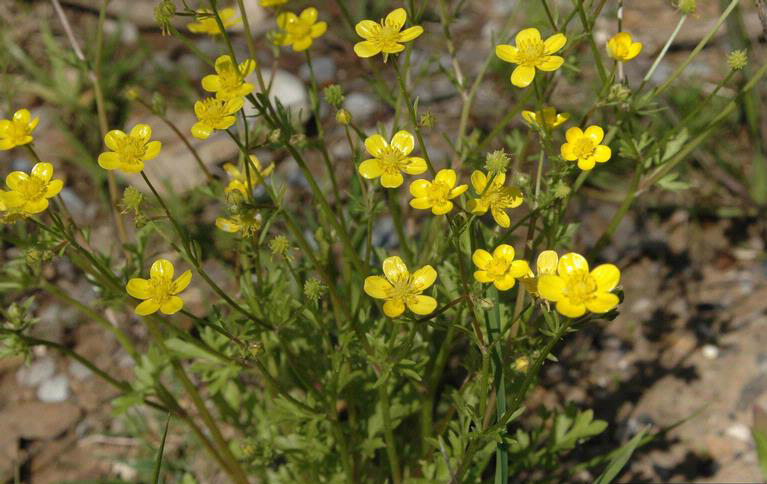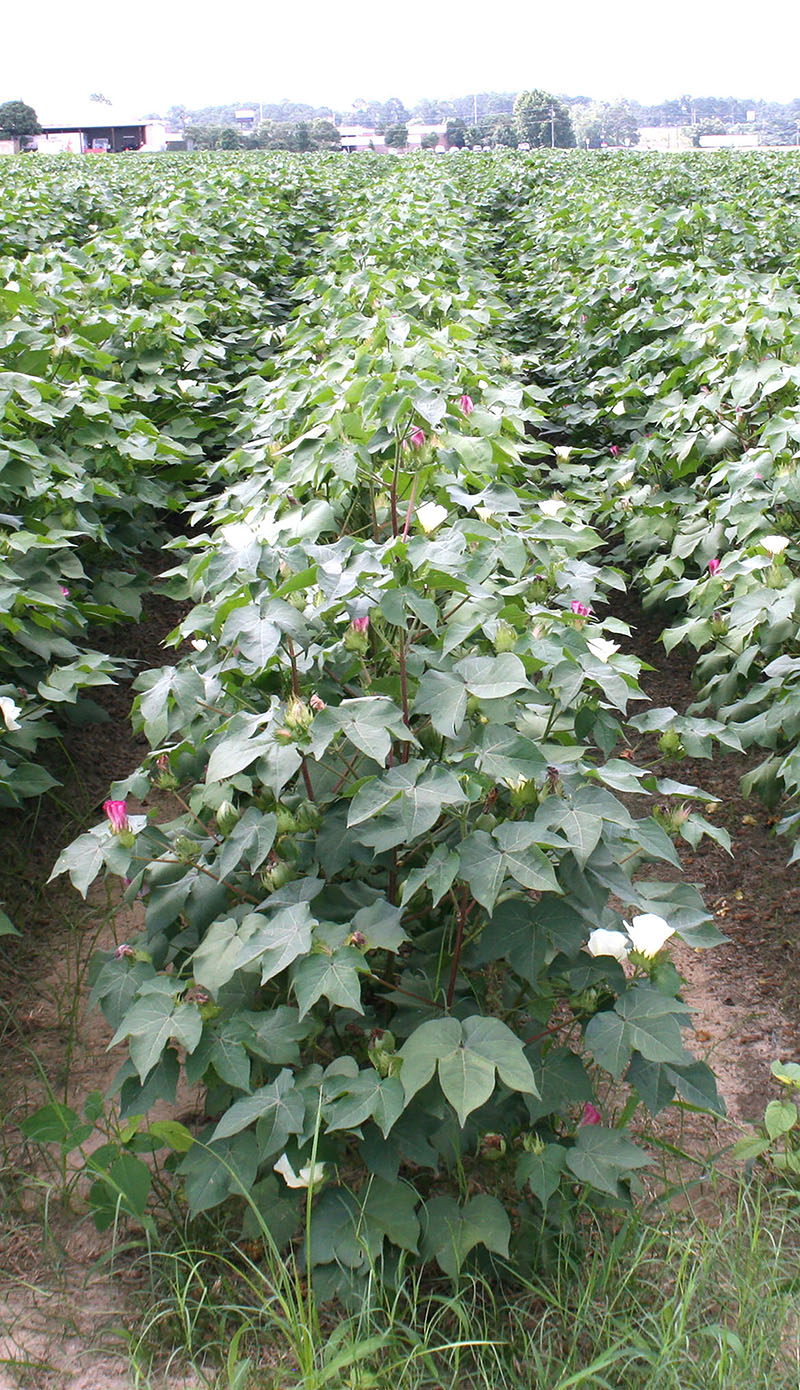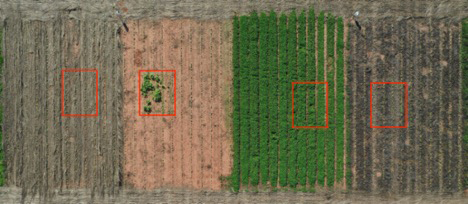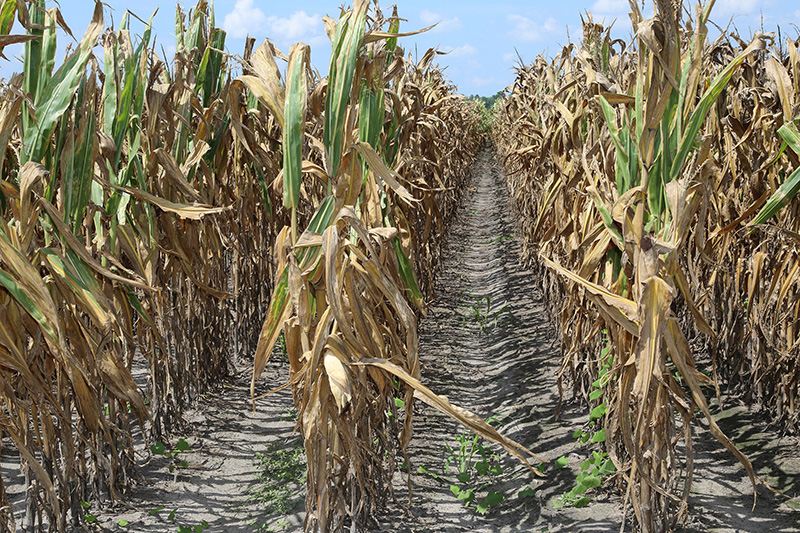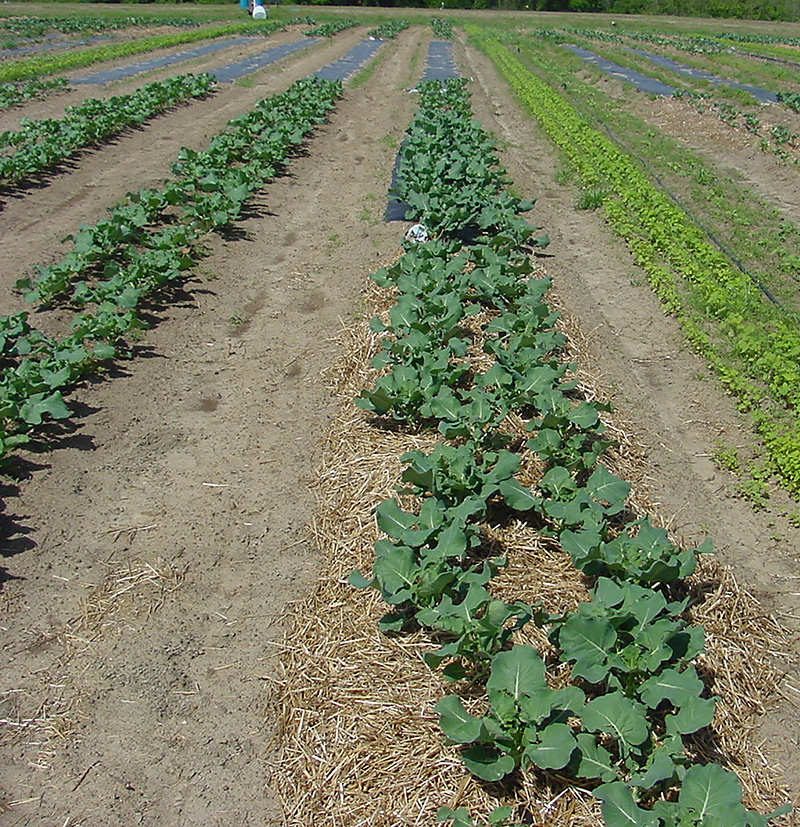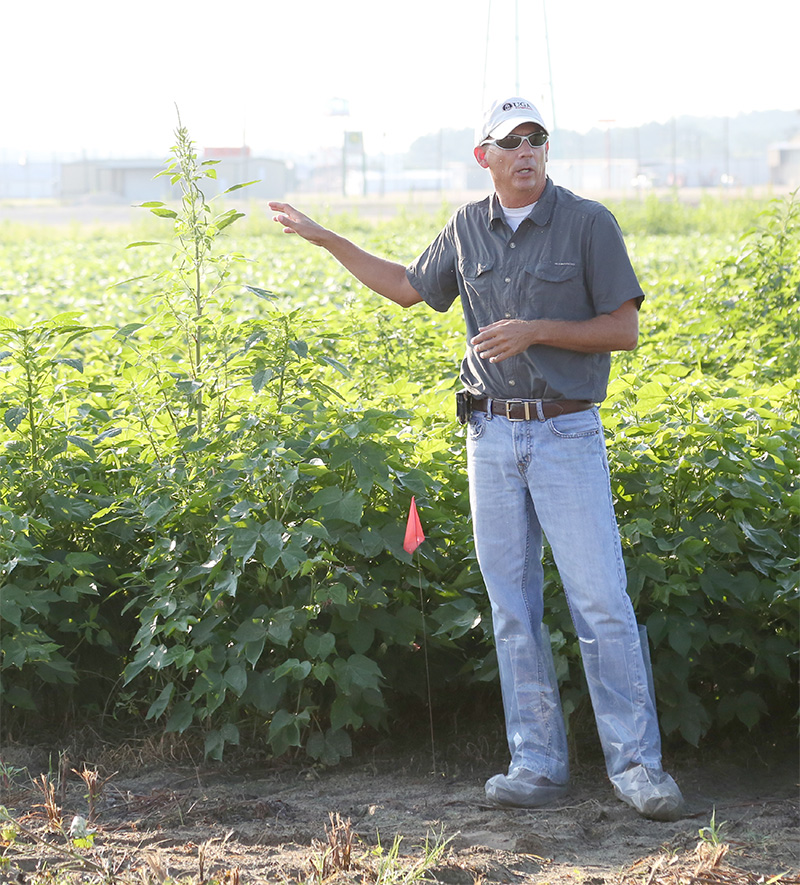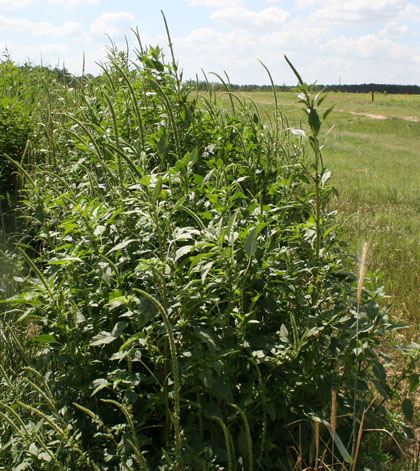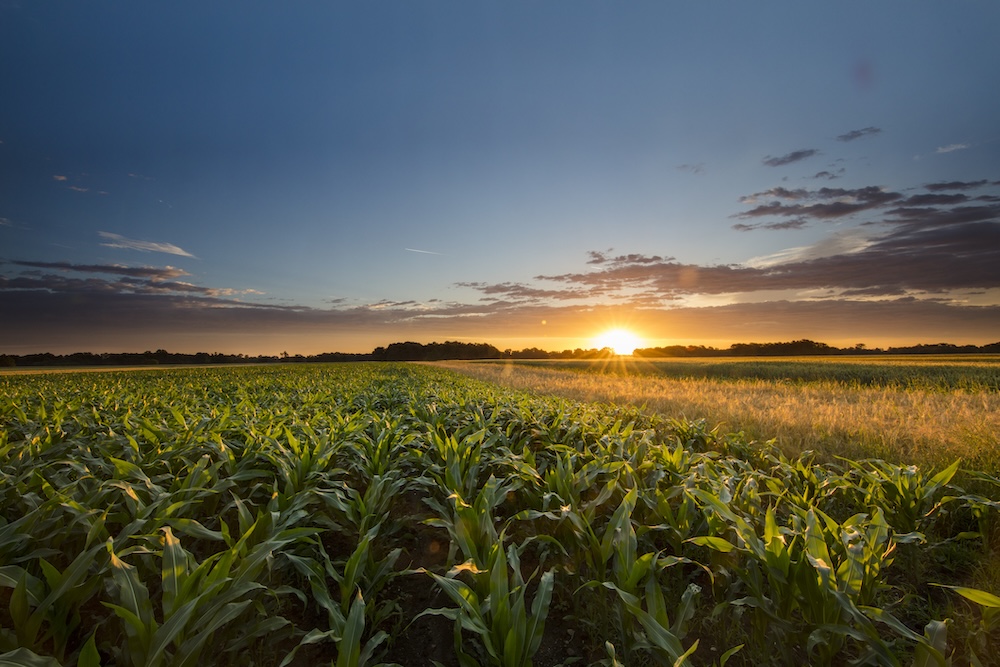 CAES News
CAES News
Protecting Farms And Wildlife
Stanley Culpepper has dedicated the length of his career to supporting farmers in their mission to feed and clothe the world.
For the past 25 years, Culpepper has been a weed science specialist for University of Georgia Cooperative Extension and a College of Agricultural and Environmental Sciences faculty member. Recently his job has become increasingly complex as mounting challenges around the availability of pesticides — primarily herbicides — have taken center stage in agricultural production.

